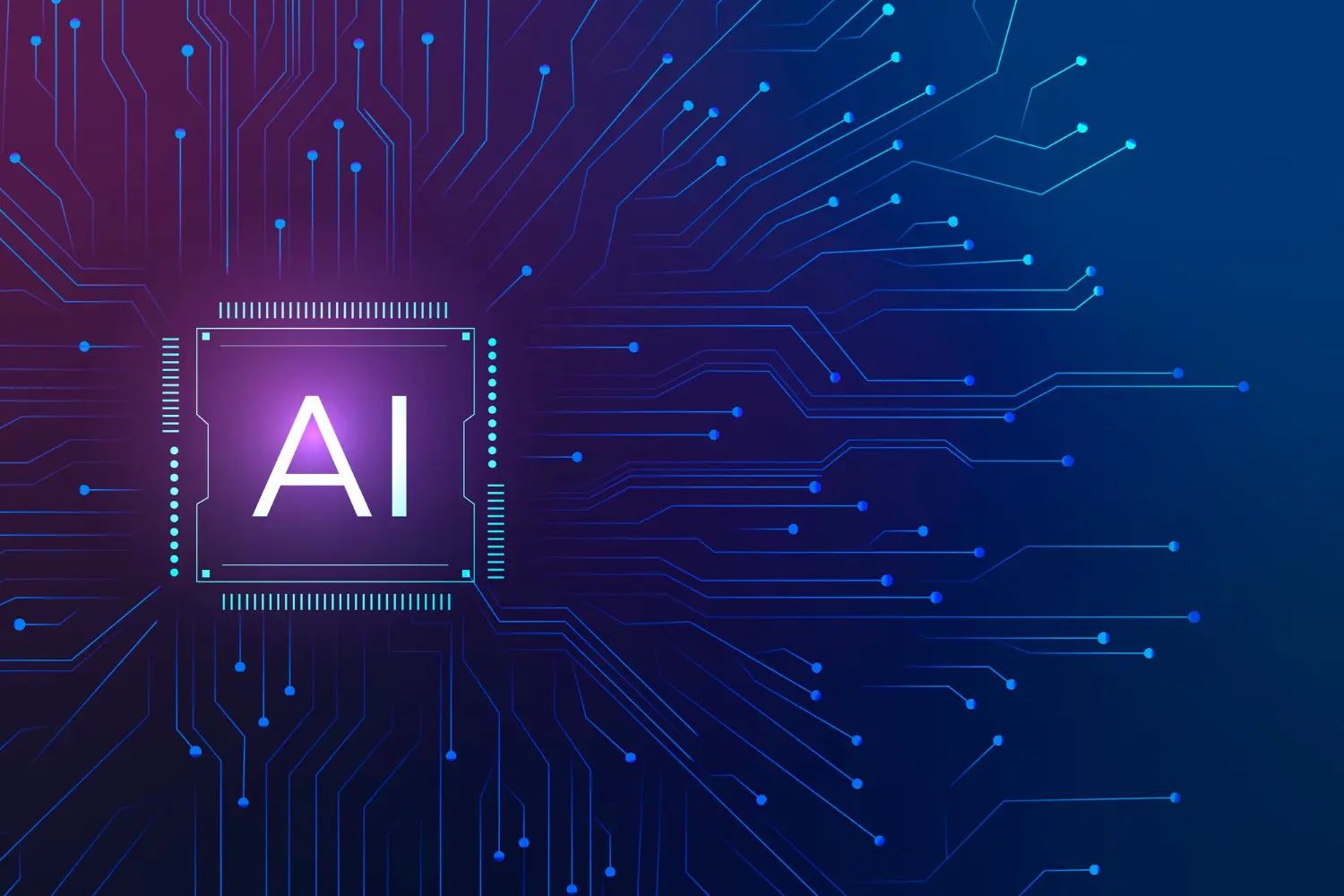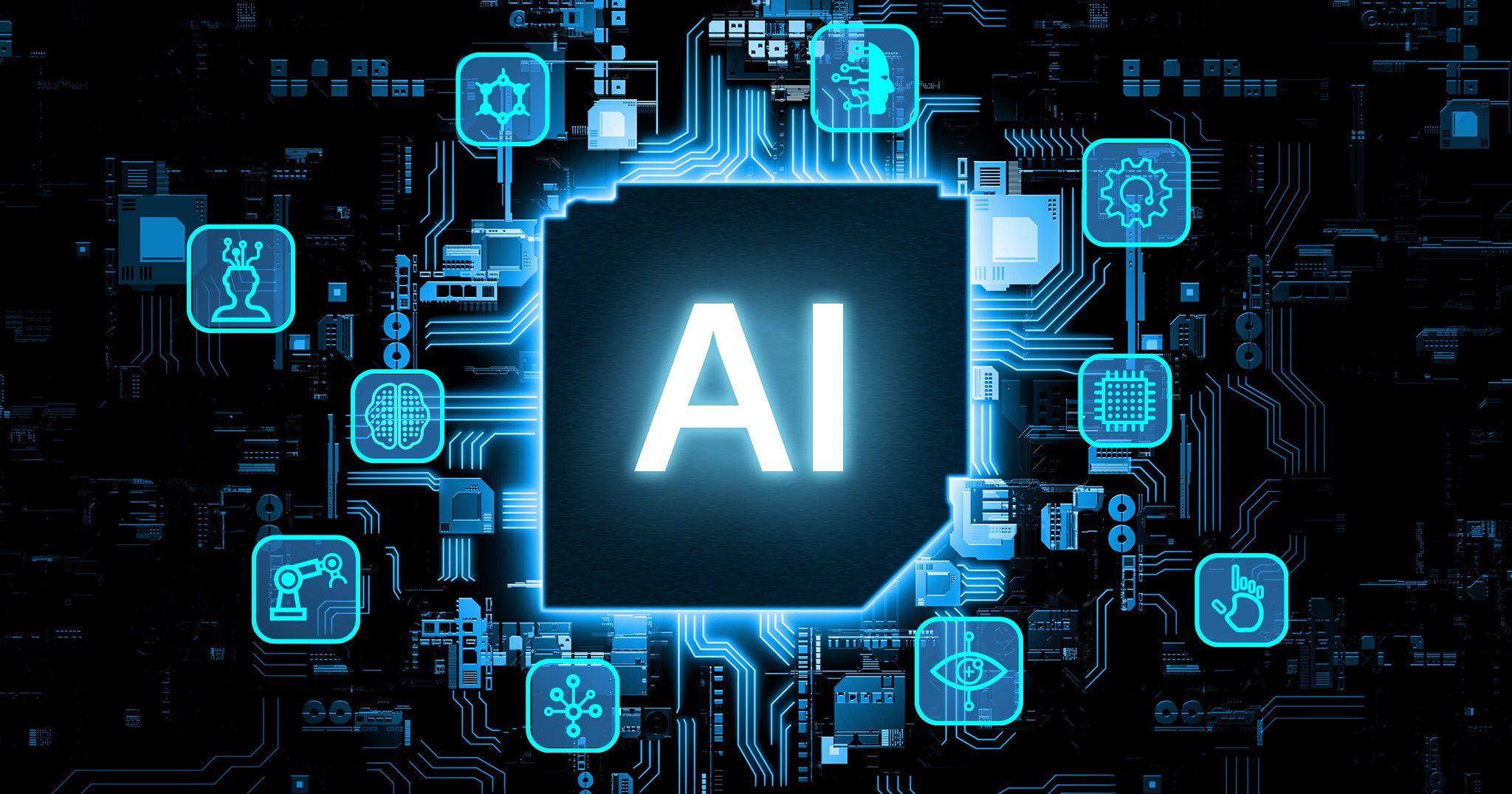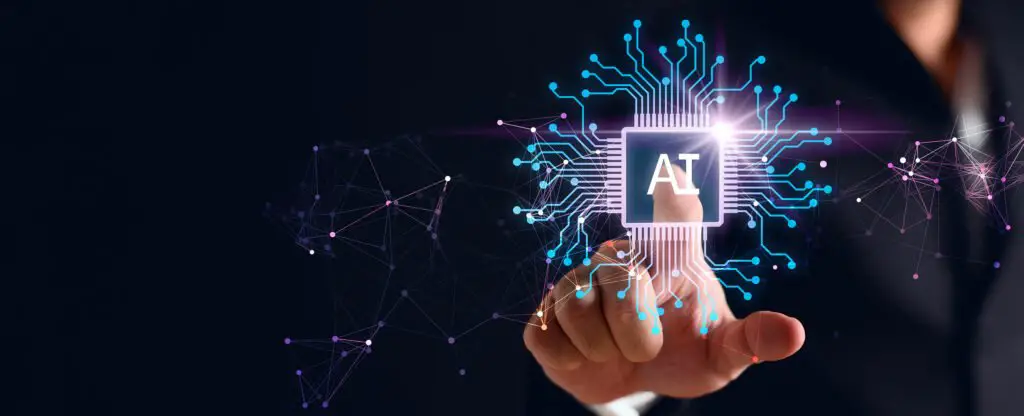Welcome to our comprehensive guide on leveraging the power of AI with La Ia Ia. In today’s world, AI technologies have significantly transformed the way we live and work. This guide is designed to help developers understand the fundamentals of AI and explore its potential applications across various industries. Join us on this journey to discover how AI can enhance our lives and businesses.
Understanding the Basics of AI
In today’s digital landscape, the influence of artificial intelligence (AI) has continued to permeate various aspects of our lives, revolutionizing the way we communicate, work, and live. From smart assistants and recommendation systems to autonomous vehicles and AI-powered medical diagnosis, the impact of AI technologies is seemingly boundless. Understanding the fundamentals of AI is essential not just for tech enthusiasts and professionals, but for anyone seeking to grasp the significance of AI in the modern world. In this comprehensive guide, we will delve into the core concepts of AI, explore key AI technologies, and uncover the myriad of possibilities and implications AI holds for the future.
At its essence, AI refers to the simulation of human intelligence processes by machines, especially computer systems. This encompasses processes such as learning, reasoning, problem-solving, perception, and language understanding. By leveraging vast datasets and complex algorithms, AI has the capacity to perform tasks that typically require human intelligence. Moreover, AI can generate text, images, music, and computer code, among others, based on its ability to learn patterns and correlations from large amounts of data. As the field of AI continues to evolve, its transformative potential across industries and its impact on the future cannot be understated. Let’s explore the fascinating world of AI and seek to unlock its true potential.
Exploring Key AI Technologies
When it comes to AI, the technologies driving its advancements are as diverse as they are impactful. These technologies not only undergird the theory and principles of AI, but also power its practical applications in the real world. One of the cornerstones of AI is machine learning, a subset of AI that focuses on the development of algorithms and statistical models that enable computer systems to learn and make predictions or decisions without being explicitly programmed. This capability is momentous, as it empowers AI systems to improve their performance based on experience, thereby paving the way for a myriad of innovative and intelligent solutions across industries.
Another pivotal aspect of AI is natural language processing (NLP), which equips machines with the ability to understand, interpret, and respond to human language in a valuable and meaningful way. From chatbots and virtual assistants to sentiment analysis and language translation, the applications of NLP are both diverse and impactful, enabling seamless human-computer communication and interaction. These two key AI technologies, machine learning and natural language processing, form the bedrock of AI’s transformative potential, underscoring the profound influence of AI on the future of technology and society at large.

Machine Learning
Machine learning, as a subset of AI, has garnered significant attention and prominence due to its capacity to extract insights, patterns, and knowledge from extensive and complex datasets. The ability of machine learning algorithms to learn from data and make predictions or decisions without being explicitly programmed has ushered in a new era of analytical prowess and predictive capabilities. Whether it’s enabling personalized recommendations on e-commerce platforms, revolutionizing image and speech recognition, or driving innovations in autonomous systems, the impact of machine learning on diverse industries and domains is undeniable. By harnessing the potential of machine learning, organizations and individuals can unlock a wealth of opportunities and insights that were previously beyond reach, thereby shaping a future powered by intelligent and perceptive AI systems.
With applications spanning various sectors such as healthcare, finance, and manufacturing, machine learning stands as a pivotal force in driving the evolution and adoption of AI technologies. Its capacity to tackle complex and multifaceted problems, optimize processes, and drive innovation underscores its indispensable role in the contemporary and future landscape of AI.
Natural Language Processing
The realm of natural language processing has witnessed remarkable strides in enabling machines to comprehend, interpret, and generate human language in a way that was once the exclusive domain of human intelligence. In a world inundated with data and information, the ability of NLP algorithms to extract valuable insights, sentiments, and contextual understanding from textual data holds profound implications. From enhancing customer service through AI-powered chatbots to powering content generation and sentiment analysis, the versatility and impact of natural language processing are evident across diverse applications and industries.
Furthermore, with the proliferation of voice-activated assistants and language translation systems, the pervasive integration of natural language processing technologies into our daily lives is a testament to the transformative power of AI in bridging the gap between human language and machine understanding. As NLP continues to evolve and adapt to the nuances of human communication, its potential to drive innovation and shape the future of AI-driven interactions and interfaces remains unparalleled.
Applications of AI Across Industries
The reach and impact of AI extend across a wide spectrum of industries, revolutionizing traditional practices and ushering in a new era of possibilities and innovations. In the realm of healthcare, for instance, AI-powered systems have demonstrated the capacity to augment medical diagnosis, personalize treatment plans, and enable predictive analytics for enhanced patient care. By analyzing intricate medical data and facilitating early disease detection, AI has emerged as a driving force in revolutionizing healthcare practices and outcomes.
Similarly, in the financial sector, AI-driven analytics and risk assessment tools have empowered organizations to make data-driven decisions, detect anomalies, and personalize customer experiences with unprecedented precision and efficiency. The ability of AI to process and analyze vast amounts of financial data in real-time has not only mitigated risks and fraud but also spurred innovations in algorithmic trading and investment strategies.
Healthcare
In the realm of healthcare, the applications of AI are as diverse as they are impactful. From AI-powered diagnostic systems that can analyze medical imaging data with high accuracy to predictive analytics models that can forecast patient deterioration and enable timely interventions, the potential of AI in enhancing healthcare outcomes and experiences is profound. Moreover, AI is instrumental in drug discovery and development, personalized medicine, and telemedicine, driving innovations that have the potential to reshape the future of healthcare delivery and management.
Furthermore, the integration of AI in mental health treatments, chronic disease management, and genomics is unlocking new avenues for precision and personalized healthcare, catering to the unique needs and characteristics of individual patients. The impact of AI in healthcare transcends conventional treatment modalities, paving the way for a future where AI-driven systems and solutions are integral to optimizing healthcare practices, enhancing patient engagement, and improving overall health outcomes.
Finance
AI technologies have made significant inroads into the finance industry, revolutionizing the way financial institutions operate and deliver personalized services to their customers. With the aid of AI-powered analytics and predictive modeling, financial organizations can not only detect fraudulent activities and assess risk profiles with greater accuracy but also offer tailored financial products and solutions that align with the specific needs and preferences of individual clients.
Moreover, the applications of AI in credit scoring, algorithmic trading, and wealth management have not only exhibited demonstrable enhancements in terms of efficiency and performance but have also democratized access to financial opportunities and services. By harnessing the capabilities of AI, the finance sector is not only mitigating risks and optimizing operational processes but also fostering an ecosystem where financial inclusion and personalized financial management are paramount, thereby underscoring its pivotal role in shaping the future of financial services and interactions.
Challenges and Considerations in AI Adoption
While the proliferation of AI technologies presents a myriad of opportunities and transformative potential, it also engenders a host of challenges and considerations that warrant careful consideration and mitigation. One of the foremost challenges in AI adoption pertains to data privacy and security, given the extensive reliance of AI on data and its implications for user privacy and confidentiality. Ensuring the ethical and responsible use of data, coupled with robust security measures, is imperative in allaying concerns related to data breaches, unauthorized access, and the potential misuse of AI systems for nefarious purposes.
Furthermore, the ethical implications of AI, particularly in decision-making processes that impact human lives and experiences, merit diligent contemplation and rectification. The potential for bias and discrimination in AI algorithms, as well as the ethical ramifications of autonomous systems and AI-driven decision-making, necessitate the establishment of regulatory frameworks, ethical guidelines, and transparent practices that safeguard against prejudiced outcomes and uphold the values of fairness, accountability, and transparency in AI systems.

Data Privacy and Security
The interdependence of AI on data profoundly shapes the challenges and considerations pertaining to data privacy and security. Safeguarding the privacy and security of individuals’ data, especially in the context of AI-powered healthcare and financial applications, is not just a legal and ethical imperative, but also pivotal in fostering trust and acceptance of AI technologies. Organizations and developers must adopt and adhere to stringent data protection measures, anonymization techniques, and regulatory compliance to mitigate the risks associated with data breaches and unauthorized data collection by AI systems.
Moreover, the amplification of AI’s capabilities in the context of IoT and connected devices underscores the critical need for robust security protocols and encryption mechanisms to thwart potential vulnerabilities and malicious exploitation of AI systems, thereby ensuring the sanctity and security of the data entrusted to these intelligent systems.
Ethical Implications
The ethical implications of AI, particularly concerning decision-making processes that influence individuals’ lives and experiences, necessitate a proactive and conscientious approach. Addressing and mitigating biases in AI algorithms, ensuring algorithmic transparency and interpretability, and upholding the fundamental principles of human rights and dignity in AI-powered systems are paramount in preempting the ethical dilemmas and societal repercussions associated with AI adoption. It is incumbent upon developers, organizations, and policymakers to collaboratively establish ethical frameworks and guidelines that govern the development, deployment, and utilization of AI technologies, thereby engendering a landscape where AI not only serves as a tool for progress but also upholds and perpetuates ethical and moral values.
Understanding the Basics of AI
As we proffer this comprehensive guide, it’s essential to underscore the indispensable value of understanding the basics of AI and its underlying concepts. By delving into the core principles of AI, individuals and professionals can adeptly navigate the evolving technological landscape and harness the potential of AI as a catalyst for innovation and progress. Furthermore, comprehending the foundational aspects of AI empowers individuals to discern the implications and opportunities presented by AI across diverse industries and domains, cultivating a mindset that is attuned to the transformative power of AI and adept at leveraging its capabilities for practical solutions and advancements.
Moreover, understanding the basics of AI is not just the domain of technical experts and professionals; it is a requisite for individuals across all spheres of work and engagement to aptly grasp the role and significance of AI in shaping the present and future of technology and society. By equipping oneself with the knowledge of AI concepts and principles, individuals can embrace the dynamism and potential of AI and actively contribute to the ethical, responsible, and impactful development and deployment of AI technologies for the betterment of humanity at large.
Exploring Key AI Technologies
The exploration of key AI technologies, particularly machine learning and natural language processing, is pivotal in appreciating the breadth and depth of AI’s influence across industries and domains. The transformative potential of machine learning in unlocking insights from complex data and driving predictive and prescriptive capabilities cannot be overstated. It signifies a paradigm shift in the way organizations and systems perceive and utilize data, enabling a future that is not just driven by information but enriched with intelligence and discernment.
Similarly, the pervasive influence of natural language processing in bridging the chasm between human language and machine comprehension is emblematic of AI’s capacity to redefine and revolutionize the paradigms of communication, interaction, and information exchange. As we delve into the intricacies and implications of key AI technologies, it becomes evident that the future of technology and society is intrinsically intertwined with the advancements and applications of AI, thereby underscoring the critical significance of exploring and understanding these transformative technologies.
Conclusion
In conclusion, AI technologies are revolutionizing the world in various industries and fields. In order to fully harness its potential, developers can refer to comprehensive guides like Unlocking the Power of AI with La Ia Ia. Through this, they can gain a thorough understanding of AI concepts, explore various applications and implications, and address common concerns. Enrolling in AI courses can also help in leveraging its capabilities and achieving success in implementing AI projects. It is crucial for individuals and leaders to have a strong grasp on the basics and latest advancements in AI to stay ahead of the curve in this rapidly developing field.



